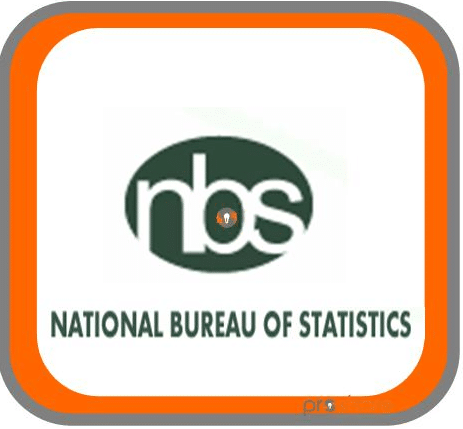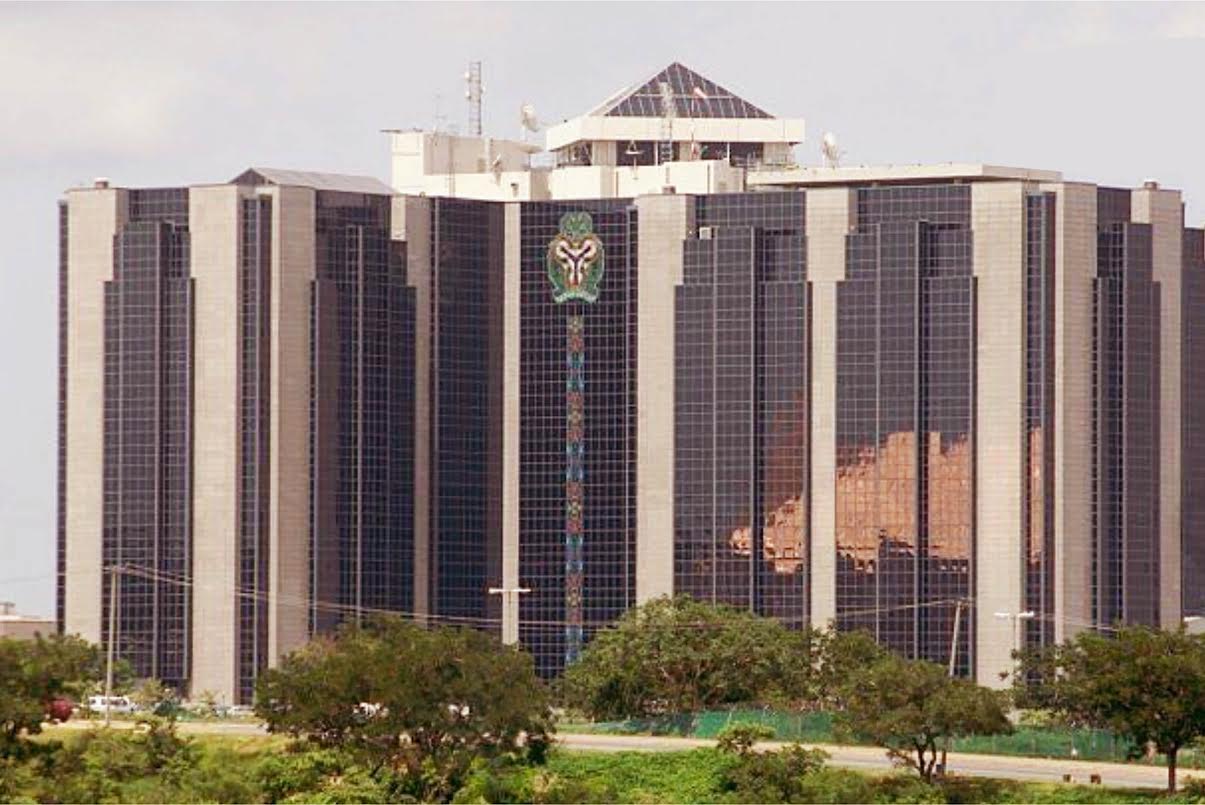Inflation drops to 11.61 percent in May

The monthly inflationary report by the National Bureau of Statistics (NBS) has shown that the Nigeria’s inflation for the month of May 2018 has declined to 11.61 year- on- year.
Consumer Price Index (CPI) which measures inflation indicated a 0.87 percent points less than the rate recorded in April 2018 (13.34 percent) and represented the 16th consecutive disinflation since January 2017.
The NBS, in its report released on Wednesday, stated that the increases were recorded in all COICOP divisions that yield the Headline Index.
On a month-on-month basis, the Headline index increased by 1.09 percent in May 2018, up by 0.26 percent points from the rate recorded in April 2018.
The percentage change in the average composite CPI for the 12 months period ending May 2018 over the average the average of the CPI for the previous 12 months period was 14.79 percent, showing 0.41 percent point lower from 15.20 percent recorded in April 2018.
The urban inflation rate eased by 12.08 percent (year-on-year) in May 2018 from 12.89 percent recorded in April, while the rural inflation rate also eased 11.20 percent in May from 12.13 percent in April.
On month-on-month basis, the urban index rose by 1.10 percent in May 2018, up by 0.25 from 0.85 percent recorded April, while the rural index also rose by 1.08 percent in May 2018, up by 0.26 percent from the rate recorded in April (0.82) percent.
According to the reports, the corresponding 12- month year-on-year average percentage change for the urban index is 15.10 percent in May 2018. This is less than 15.47 percent reported in April, while the corresponding rural inflation rate in May 2018 is 14.53 percent compared to 14.95 percent recorded in April.
“The CPI measures the average change over time in prices of goods and services consumed by people for day- to-day living.
The construction of the CPI combines economic theory, sampling and other statistical techniques using data from other surveys to produce a weighted measure of average price changes in the Nigerian economy.
The weighting occurs to capture the importance of the selected commodities in the entire index. The production of the CPI requires skills of economists, statisticians, computer scientists, data collectors and others.
Key in the construction of the price index is the selection of the market basket of goods and services. Every month, 10,534 informants spread across the country provide price data for the computation of the CPI. The market items currently comprise 740 goods and services regularly priced,” the NBS stated.










